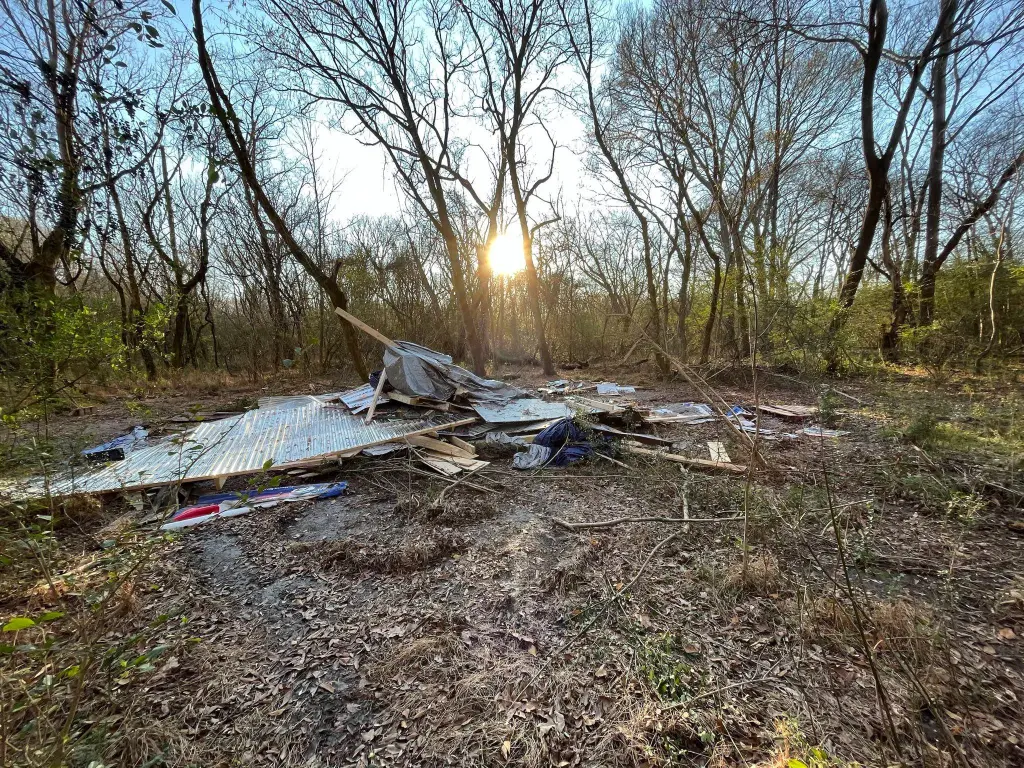When I found out that Toronto police had targeted Cannabis Culture—a dispensary chain run by Canada’s most prominent pot activists Marc and Jodie Emery—in a cross-country sting, I waited with anticipation to see what charges would be laid.
In addition to raiding seven Cannabis Culture dispensaries, in Ontario and Vancouver, the cops’ operation—Project Gator—resulted in searches of four private residences. I asked Toronto police spokesman Mark Pugash why Cannabis Culture in particular had been targeted, to which he replied, “I think when the case goes to court that’ll become clear.”
Videos by VICE
My impression was that the investigation would yield charges that went beyond just selling pot.
Access the entire world of VICE in our app. Download for iOS here and Android here.
Alas, I was a little disappointed when the cops released that information and it turned out to be more of the same. The Emerys and fellow Cannabis Culture franchise owners Chris and Erin Goodwin and Britney Guerra were charged with multiple offences relating to possessing and trafficking a Schedule II drug (weed).
The question is: why? Why now, with the federal government so close to legalizing and regulating marijuana, and with the public accustomed to and accepting of dispensaries?

Toronto police raid a dispensary during Project Claudia. Canadian Press/Cole Burston
In response to those questions, Pugash told VICE it now looks like legalization may take longer than expected and that “the idea that we ignore the law because it’s going to be changed is a curious argument at best.” He also said, without presenting any sort of evidence, that he imagines the people living closest to dispensaries would be pleased with this level of enforcement.
But those arguments don’t stand up. We know that the groundwork for the legal regime is coming, likely this summer. We also know that police forces have discretion when it comes to how they allocate resources—in Vancouver, for example, cops have explicitly said dispensaries are not a priority for them.
Read more: If Justin Trudeau Is About to Legalize Weed Why Are We Still Imprisoning People Over it?
“I’m always going to focus on the things that have to do with violence, before the things that are non-violent. And right now we’re not seeing a lot of violence related to marijuana, but we are seeing violence related to harder drugs,” Vancouver police chief Adam Palmer told CBC.
Pugash challenged that sentiment, pointing to the spate of violent armed robberies that have taken place in Toronto in recent months. But Vancouver, where dispensaries have actually been licensed by the city, doesn’t have the same robbery problem.
Defence lawyer and cannabis advocate Paul Lewin told the Toronto Star dispensary owners here are scared to report robberies to the police, believing it could cause them to be raided or worse, criminally charged.
“It’s kind of like we’re saying you don’t deserve the protection of society because you’re involved with a dispensary. That’s the effect of it,” he said.
In other words, the heavy-handed enforcement is likely contributing to the problem.
As for the public, who largely support both legalization and the sale of cannabis in dispensaries, a cursory glance of reaction to Project Gator shows many people questioning why cops would go after soon-to-be-legal weed dealers when a fentanyl crisis is gripping the country. It’s the same reaction we saw after the Project Claudia dispensary raids last spring.
The Emerys claim the crackdown is the government attempting to cut dispensaries out of the picture, securing a monopoly for licensed dispensaries once legalization is in place.
The simpler explanation though, is that they’re being made an example of.
As far as pot celebrities go, it doesn’t get more a A-list than the Emerys, and they’ve used their platform to openly sell weed to anyone of legal age. That brazenness made the couple an easy target for a police force that is clearly not ready to let go of a prohibition era. Thing is, the Emerys have already re-opened Cannabis Culture shops, and even if they hadn’t, there are hundreds of other dispensaries to take their place.
By the time this case makes its way through the court system, weed will likely be fully legal, so both the laws and public opinion will be onside with the Emerys. Neither will be true for the Toronto police.
Follow Manisha Krishnan on Twitter.




